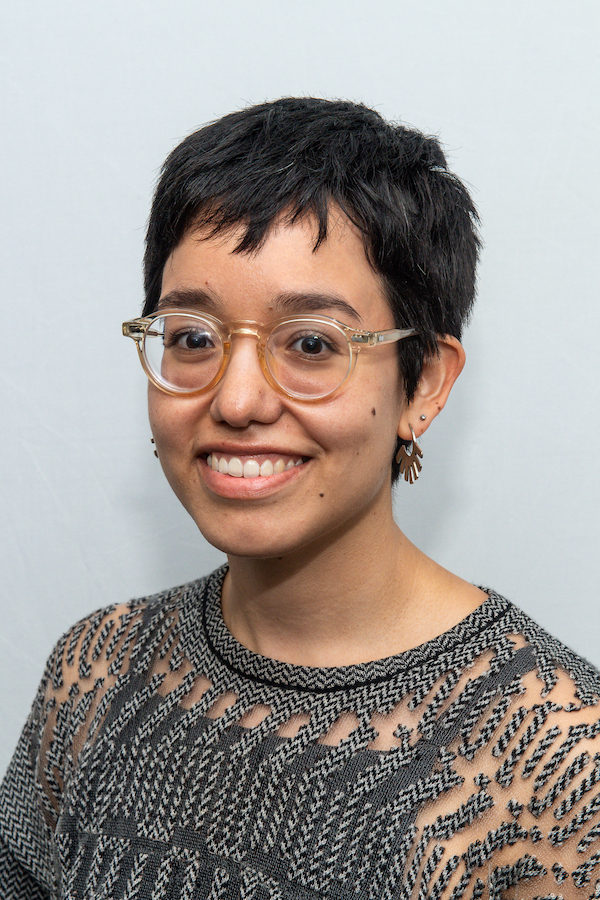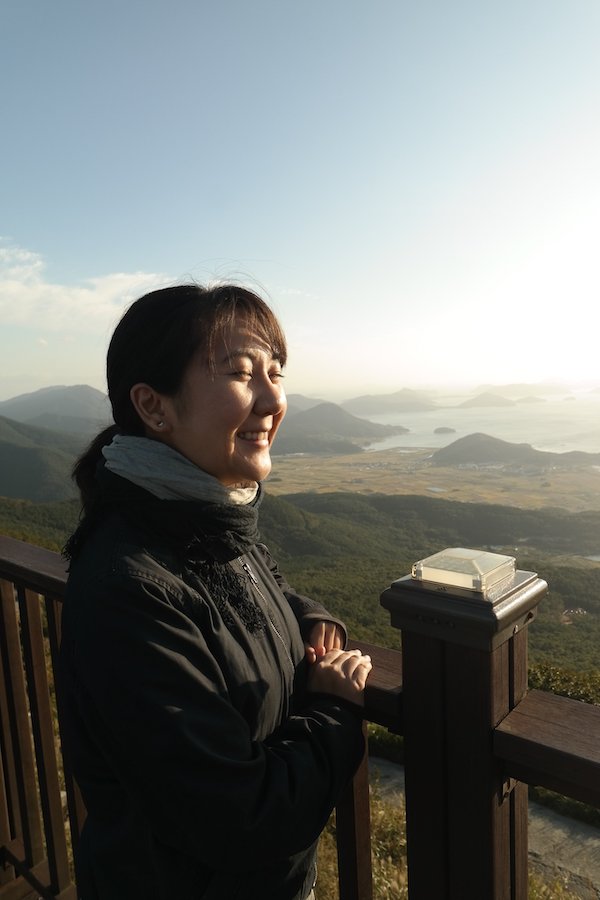September 3, 2020
The Asian American Writers’ Workshop is thrilled to introduce the newest members of our team!

Lily Philpott joins the Asian American Writers’ Workshop as Programs Manager, bringing to AAWW many years of experience curating literary programs in New York City. Previously, she served as the Public Programs Manager at PEN America, where she launched the PEN Out Loud event series with the Strand Book Store, co-curated a summer event series with the Brooklyn Museum, and coordinated Lit Crawl NYC. She has also worked on public programs and development events at the Guggenheim Museum and the New York Public Library, respectively, and is a member of the Brooklyn Book Festival’s International Literature Committee.

Esther Kim is our new Digital Communications Manager. Esther is no stranger to the Workshop, having just completed a stint as a temporary editor for the Transpacific Literary Project. Esther is a writer, translator, and communications manager who has worked several years in book publishing in both London and in NYC. Most recently, she worked for Tilted Axis, an independent literary press that publishes radical Asian literature in translation, where she was the press’s marketing and publicity manager. She previously worked at Other Press and Columbia University Press. Esther has written about culture and the Koreas for a variety of publications including The Guardian, LitHub, and The Willowherb Review.
AAWW is an organization that believes in the power of art to advocate for and center the voices and ideas on the margins.
Through our work we nurture and advocate for Asian, Asian American, and Asian diasporic writers (including but not limited to East Asian, Southeast Asian, South Asian, MENA [Middle Eastern and North African], Indo-Caribbean, Central Asian, Arab, and Arabophone, Pacific Islander, and Iranian writers) as well as multiracial writers.
Our work exists within the intersections of multiple identities and offers a new countercultural space in which to imagine a more just future. As we aspire to be a sanctuary for the immigrant imagination, we’re inventing the future of Asian American literary culture.
